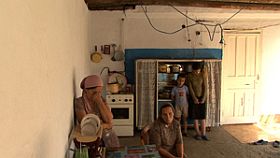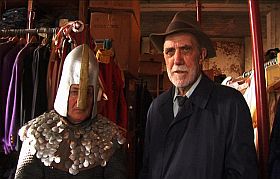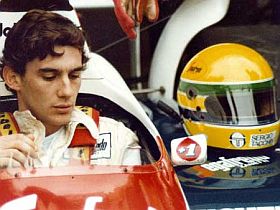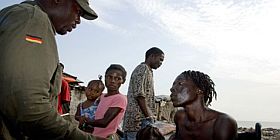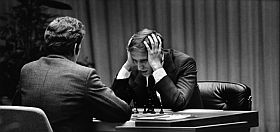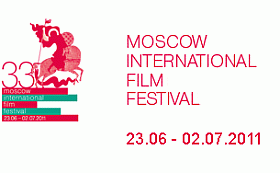


Summer Filmmaking in Lithuania
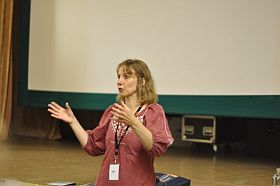
It is quite an experiment… you bring together 50 young film students from all over Europe, having grouped them in beforehand as directors, cameramen, editors, sound recorders and producers – let the directors pitch their stories and pick their collaborators, let them have some lectures from and meetings with invited tutors, 8 of them, directors and editors, have them focus, and then send them off to some few days of shooting in the area (the beautiful island Neringa at the Baltic coast in Lithuania) to end up with 10 short documentaries in very different styles and with a diversity of themes…. but it seems to work. I left the summer workshop this friday but look forward to seeing the final results once they are visible in around a week. Subjects: Dune guards near Nida on Neringa, Lithuanian spiritual life inspired by the many gods and goddesses the country have as legends, wild horses if they can be found, fishermen, a small boy at the beach, a bigger boy who declares his love to the director, surfing and waves, weathervanes, ordinary people who turn out to be extraordinary, jumping from an airplane (!). For sure with many other twists than the ones I mention here.
One of the tutors was Danish director and editor Nanna Frank Møller (photo) (Let’s be Together, Someone like You, De nøgne fra Skt. Petersborg (director Ada Søbye), Min fars sind (director Vibe Mogensen)), who made a very fine lecture on editing, stressing how important it is during the shooting ”to listen to the moment”, which is the ”most precious”. The students had seen ”Let’s be Together” and Nanna Frank Møller re-showed, and talked about, the confrontational scene, shot by herself, between the Brasilian father and his son, who is attracted to femininity. A scene that brilliantly gives an example on the importance of catching what happens outside the image instead of trying to follow the movements of the characters. ”As an editor I’m trying to find the soul/the spirit of the film”, she said and continued to show material from the masterpiece of Vibe Mogensen, ”Min fars sind” (The Mind of my Father): A grown-up man one day starts to cry, he does not know why, it gets worse, turns into a mental illness bringing him on strong medicine to survive. The daughter, the director, visits him, films him, as he has been filming her on holidays way back before he got ill. I have seen the film several times, every time it moves me immensely.
The Danish editor is a fine teacher, as is Rafi Spivak, Israeli-Canadian director and editor, who in his lecture took us back to wonderful direct cinema clips – ”High School” by Frederick Wiseman, ”Salesman” by Albert Maysles – as well as a clip from ”Crumb” by Terry Zwigoff, and other examples of American documentary storytelling.
The workshop goes on, it is of course on facebook, what a lot of wonderful energy!
